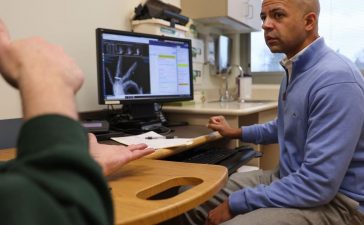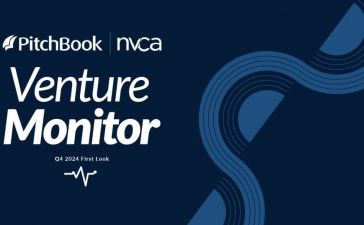Researchers quizzed 1,500 IT and tech bosses from all over the world to find out if they thought androids posed an ‘existential’ threat to humankind.
The study found that 49% said the reckoned robots would ‘destroy’ mankind and end up ruling the world.
Asked to reveal a timeline for robot domination, the overarching consensus was that by 2043 – just 20 years from now – there would be 10bn robots in the world.
The current human population of 8bn is estimated to grow to around 9bn by 2043 – meaning there will be 1bn more androids than humans on the planet in two decades’ time.
The terrifying scenario of robots wiping out humanity was predicted by theoretical physicist Stephen Hawking when he said that AI could develop to such a point that it was ‘outwith the control of humans’.
He said: “Success in creating AI would be the biggest event in human history. Unfortunately, it might also be the last, unless we learn how to avoid the risks.”
A report by online privacy firm Atlas VPN – which blocks ads and sites known for malware and phishing – backed up the worries, with IT experts expressing their ‘concern’ about future ‘robot overlords’.
The report found the many experts worried that robots were being made ‘too human’ and that if they are given emotions and the ability to think, humankind could soon be wiped out.
A spokesman for Atlas VPN said: “Six in 10 of the experts we spoke to said they think they’ll be working alongside intelligent robots within five years.
“While the good far outweighs the bad, some IT workers also have reservations at AI.
“More than half of respondents – 55 per cent – said AI will create major privacy issues or put human jobs at risk.”










